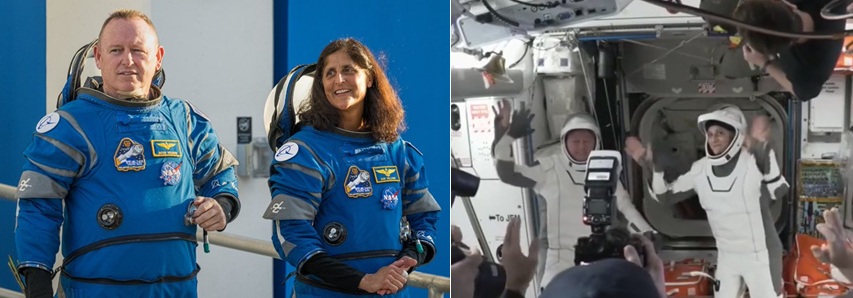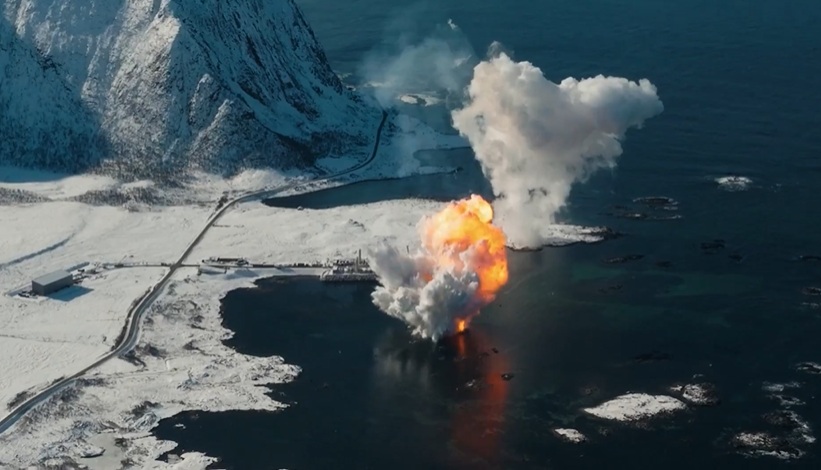The Russian space agency, Roscosmos, announced on 17 September 2016, that the next flight of the Soyuz-MS crew transport craft would be delayed for technical reasons after testing conducted at the Baikonur Cosmodrome. According to TASS, the Russian state news agency, Roscosmos has delayed the launch until 1 November to replace equipment believed to have caused the fault, reported to be a “short circuit”.
The three members of Expedition 48 still aboard the ISS (International Space Station), cosmonaut Anatoly Ivanishin, astronaut Kate Rubins and Japanese astronaut Takuya Onishi are scheduled to return to Earth on 30 October. It is as yet unknown how this delay will affect the larger ISS timetable.
In a separate decision, expected by the other ISS partner organisations, Roscosmos announced its plan to decrease temporarily its crew responsibility on the ISS from three to two cosmonauts, starting in March 2017. The reduction in crew numbers is believed to be in order to save money to allow for the launch of the Multipurpose Laboratory Module (MLM). This reduction will also mean that Roscosmos will be able to cut one of the four Progress resupply missions to the ISS that was planned for 2017.
The MLM is structurally similar to the original ISS component, the Zarya Functional Cargo Block, and will serve as a dedicated research module. However the project has suffered numerous delays to its launch schedule due to slower and more complicated than expected construction.
The reduced Russian contingent is not expected to cause major disruption to the running of the ISS. Two crewmembers should still be able to conduct maintenance to the Russian segment and carryout their specific research tasks. It is believed the American/international segment will not be seriously affected by this decision, but, further consultation is being carried out.







